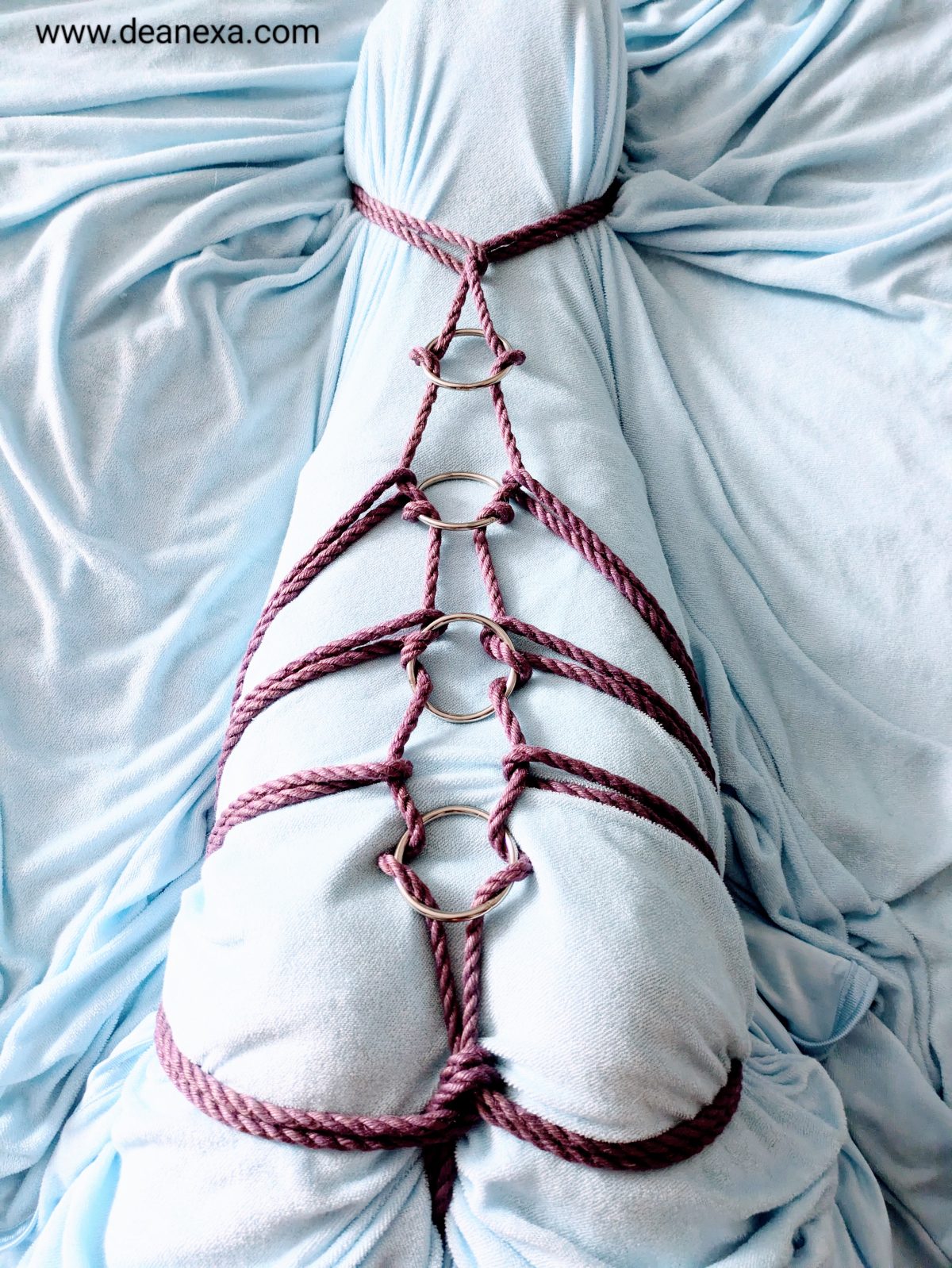It’s International Menopause Awareness Day. More than half of the entire world’s population will experience the menopause and perimenopause. Menopause is the time from a person no longer having their periods for a year, and perimenopause is the phase before that. Our bodies, minds, thoughts and feelings change in a variety of ways. These changes are a result of changes to hormone levels that can start as early as in our 30’s up until the 50’s into 60’s, through the perimenopause and menopause stages of life.
This will inevitably affect how we do rope and relate to others. In my new book Living Rope, I mention this issue and other health conditions that can impact the rope we do, and how to mitigate those needs. Here are some common symptoms people experiencing perimenopause and menopause may face:
- Changes in periods, becoming heavier, lighter, irregular during the perimenopause phase. This unpredictability can require more thorough scene planning to take into account the differences of needs.
- Mood changes, sudden rages, anxiety, and depression. A person going through these phases can feel like they are not themselves anymore, and can benefit from talk therapies. Showing compassion to ourselves/ others during these fluctuations can help.
- Hot flashes and night sweats which disrupt daily activities and sleep. Working on sleep hygiene, wearing cool layers, use of fans and water spray bottles can help. Playing in well ventilated areas can help manage temperature changes.
- Loss of muscle mass and bone density, increasing weakness and risk of osteoporosis, fractures and breaks. There is an extra need for weight/resistance training, and use of stretching such as yoga or pilates to improve flexibility.
- Brain fog, requiring time to think before answering questions or to recall information, and confused feelings. It is important to take time in negotiations of our rope scenes to work to keep communication flowing, without judgement.
- Vaginal dryness, cause pain during intercourse and general soreness. Use of lubricants and estrogen creams can help with this, on advice from your doctor.
There are many other symptoms that menopause causes. It can be very disturbing to our daily lives and leave us feeling isolated and misunderstood in a world that does not understand what is happening on a menopausal body. By opening up and listening to these inevitable changes, part of the natural human life process, and working with these challenges, rope during perimenopause and menopause is possible. I find rope can be a way to celebrate the human body and it’s wonderful life changes, and can open up new avenues to enjoy rope in safer and more meaningful ways, ways we may have not thought of before.
So, be open about your needs and play with people that respect you and your needs. And be gentle and kind to yourself. I hope rope is as wonderful an opportunity for you to show self love as it had been for me, a woman going through menopause.
For further information on perimenopause and menopause, try this sites:
https://www.nhs.uk/conditions/menopause/
https://my.clevelandclinic.org/health/diseases/21841-menopause
https://www.who.int/news-room/fact-sheets/detail/menopause
image is a self tied lower leg binder in a cooling blanket by Dea Nexa
